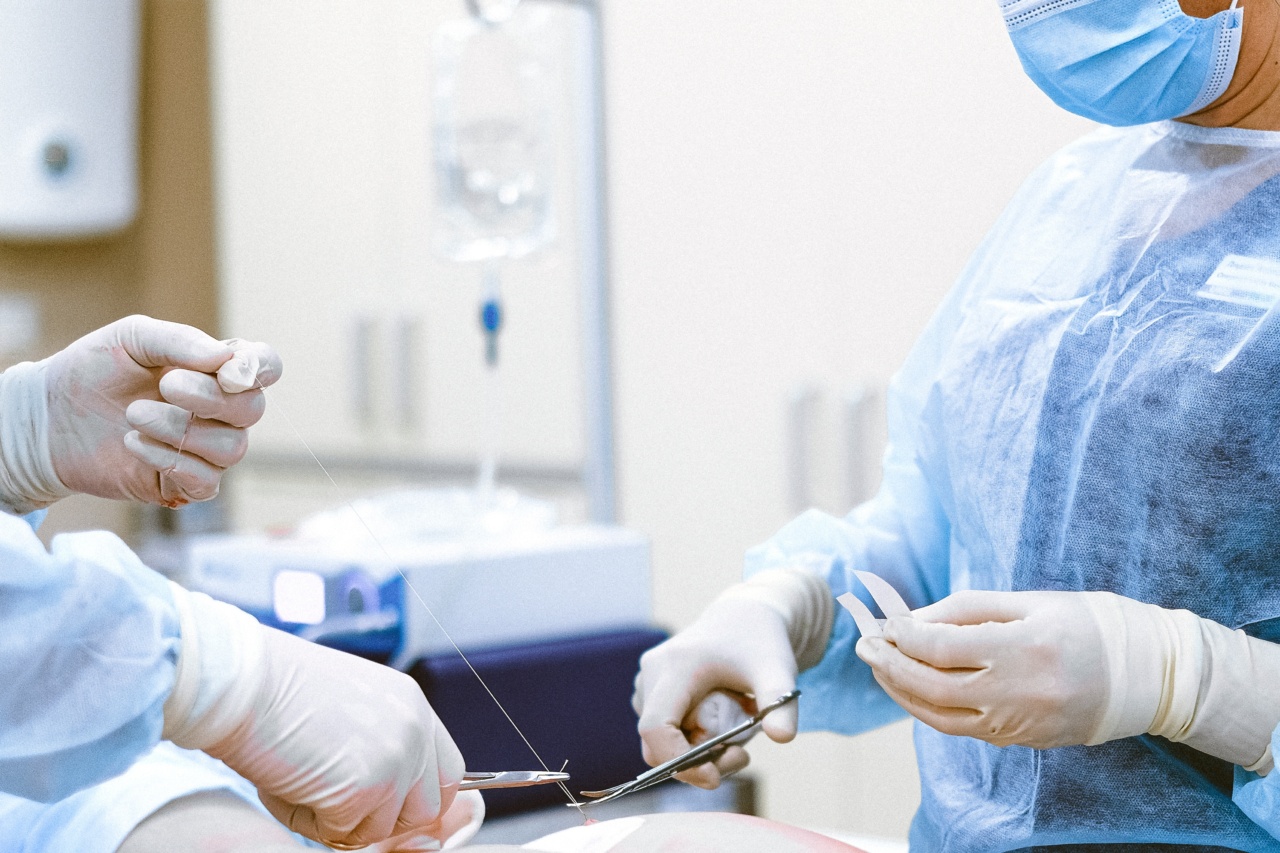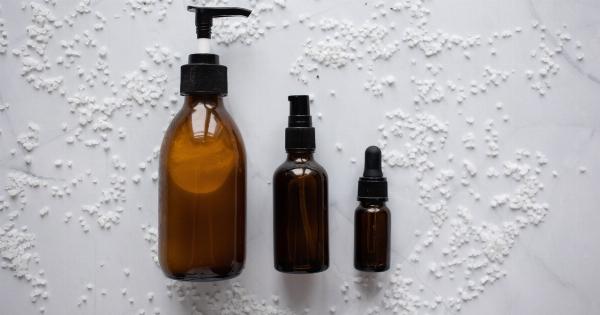Generation Z is made up of individuals born between 1996 and 2010. This generation is known for their obsession with technology, social media, and self-expression.
However, there is another trend that has been emerging amongst Generation Z – their obsession with plastic surgery.
The Rise of Plastic Surgery
Plastic surgery has grown in popularity in recent years, with the number of cosmetic procedures rising steadily each year.
According to the American Society of Plastic Surgeons, there were 13.9 million surgical and minimally invasive cosmetic procedures performed in the United States in 2019.
While plastic surgery used to be reserved for older individuals looking to maintain a youthful appearance, it has now become more common among younger generations. One reason for this trend is the rise of social media.
Platforms like Instagram and TikTok have created a culture in which appearance is heavily emphasized. Young people are exposed to seemingly perfect bodies and faces on a daily basis, which can lead to feelings of inadequacy and low self-esteem.
The Most Popular Procedures
The most common plastic surgery procedures among Generation Z are those that enhance the appearance of the face. Rhinoplasty, or nose surgery, is a popular choice for those looking to change the shape and size of their nose.
Similarly, lip fillers and cheek fillers have become very popular among young people seeking a more defined and contoured look.
Another popular procedure is breast augmentation. While breast augmentation used to be more commonly associated with older women, there has been a rise in younger women seeking the procedure as well.
Many young women feel pressure to have larger and more lifted breasts, as this is often seen as a hallmark of beauty in today’s society.
The Dangers of Plastic Surgery
While it’s understandable that young people want to improve their appearance and boost their confidence, plastic surgery is not without risk. All surgeries come with risks, including infection, bleeding, and adverse reactions to anesthesia.
Additionally, plastic surgery can have psychological side effects. Some people may experience body dysmorphia, a condition in which they become obsessed with their appearance and perceive flaws that are not really there.
Other people may become addicted to plastic surgery and continually seek out new procedures to improve their appearance.
It’s important to remember that plastic surgery should only be considered as a last resort and after careful consideration.
Young people should focus on building self-esteem and confidence in other ways, such as through exercise, healthy eating habits, and a positive self-image.
The Future of Plastic Surgery
It’s unclear what the future holds for plastic surgery and Generation Z. While plastic surgery may continue to grow in popularity among young people, it’s possible that the trend could reverse itself as well.
Some celebrities and influencers have begun to speak out against plastic surgery, encouraging their fans to embrace their natural beauty instead of seeking out surgical enhancements.
Regardless of what happens in the future, it’s important for young people to remember that appearance is only one aspect of their overall health and well-being.
Focusing too much on appearance can lead to negative consequences, such as disordered eating, anxiety, and depression.
Conclusion
Generation Z’s obsession with plastic surgery is a concerning trend, but it’s one that can be reversed with education and awareness. Plastic surgery should be seen as a last resort and not a quick fix for low self-esteem or societal pressure.
Young people should focus on building confidence in healthy and positive ways, and embrace their natural beauty instead of seeking out surgical enhancements.


























